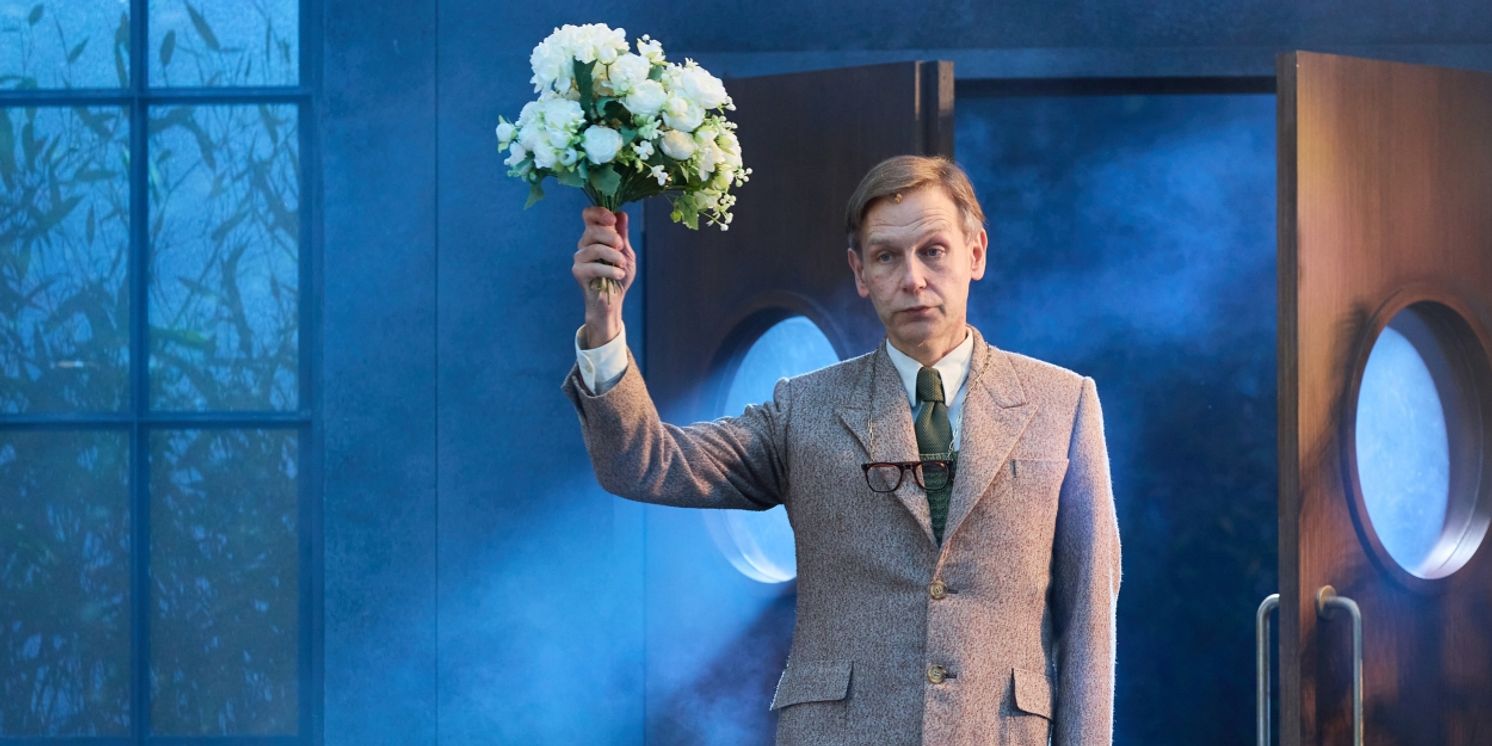Review: TWELFTH NIGHT, Regent's Park Open Air Theatre
Shakespeare returns to Regent’s Park, with Owen Horsley’s take on the popular comedy

![]() “More matter for a May morning.” Given that the majority of Shakespeare’s plays began with outdoor performances of one kind or another, it’s a perfect fit for the leafy surroundings of Regent’s Park – which has made it all the more conspicuous for its absence from the programming over the past few seasons. Owen Horsley steers the ship as this well-loved comedy docks in north London for the next few weeks.
“More matter for a May morning.” Given that the majority of Shakespeare’s plays began with outdoor performances of one kind or another, it’s a perfect fit for the leafy surroundings of Regent’s Park – which has made it all the more conspicuous for its absence from the programming over the past few seasons. Owen Horsley steers the ship as this well-loved comedy docks in north London for the next few weeks.
Although it’s questionable how much comedy is actually on offer in this production. The beauty of Twelfth Night – and many of Shakespeare’s other plays – is the amount of light and shade there is, and how the two elements complement and enhance one another; many of the jokes don’t quite land, and two of the major comic scenes (the letter and the yellow stockings) have very little of the requisite alchemy to produce comedy gold.
Similarly, the drama isn’t particularly hard-hitting either – the most emotional depth comes early on, as Evelyn Miller’s Viola arrives in Illyria and ponders both her future and her brother’s fate. Even Olivia’s early grief is undermined by an urge to try and make people laugh. Another key issue here is the distinct lack of chemistry between any of the prospective couples, which means there is no tension created in their interactions.
The idea of trying to set all of the action in the same location (a “queer café” called ‘Olivia’) is interesting; obviously it makes things easier in a practical sense, and it definitely works for some aspects (such as Feste seemingly knowing everything that goes on in Illyria), but at times it does feel like a bit of a stretch. Basia Bińkowska’s set design is incredibly eye-catching, however, and does well to evoke the timelessness of the setting.
Twelfth Night’s ending can sometimes be a bit murky: Antonio fades into the background, and it’s unclear how Orsino and Olivia truly feel about Viola and Sebastian. In this instance, things are cleared up a bit more – but to Olivia’s loss. It’s a bold, but also slightly cruel, choice to leave her bereaved for the third time in fairly quick succession (fourth, if you count Cesario), even if it means there is some justice for Antonio for once.
_%20Credit%20-%20Richard%20Lakos_.jpg?format=auto&width=1400)
Not that it’s particularly obvious why Sebastian inspires such affection from his admirers. Admittedly, the character only features in a handful of scenes, but Andro Cowperthwaite unfortunately fails to make much of an impact – when his Sebastian exits the stage he is very quickly forgotten, rather than making you wonder when he’ll be coming back. It certainly doesn’t match with the well-rounded character of Cesario (brought to life superbly by Miller), who Viola admits is based on her brother.
Having Sir Toby Belch in drag for the duration ties into the concept, but doesn’t really add anything of meaning to the play – unless it’s somehow also to help provide justification for the cringeworthy pronunciation of Fabian as “Fab Ian”… Julie Legrand’s Feste is sadly ineffective, providing very little in the way of entertainment or threat – and there is a real lack of bite to this production across the board.
Richard Cant does harumphing disappointment very well, and can deliver excellent exaggerated enunciation, so you can see why he was cast as Malvolio – and you believe his vow to be revenged on everyone, until that is undercut by Malvolio’s return to the fold. Matthew Spencer provides another rare highlight as the bumbling Sir Andrew Aguecheek, incorporating physical comedy as well as delivering some great comic timing, and Anita Reynolds is a force of nature as Olivia’s maid Maria.
Though there are some glimmers of inspiration, and it is of course pleasant to be at a theatre with such beautiful natural surroundings, it’s ultimately not enough to save the production. Some are born great, some achieve greatness, and some just fall flat.
Twelfth Night is at the Regent’s Park Open Air Theatre until 8 June
Photo credit: Richard Lakos
Reader Reviews
Powered by
|
Videos

